TABLE OF CONTENTS
With the rising popularity of novel phytocannabinoids, you might be asking yourself what is THCV? There is a lot to this THC look alike that should peak your interest.
Many users enjoy the numerous therapeutic benefits that come with THCV, others appreciate the fact that it does not cause any psychoactive effects.
Marijuana users are not the only ones who are experimenting with this cannabinoid, even big pharma has its eye on THCV.
Without putting the metaphorical cart before the horse lets first start by understanding what makes this cannabinoid so great.
Within the realm of cannabinoids, THCV is a molecule that is garnering significant attention due to its distinct features and potential health advantages.
How does THCV vary from other well-known cannabinoids like THC and CBD, and what does it actually mean? We'll go over the ins and outs of THCV in this post, along with its effects and its advantages.
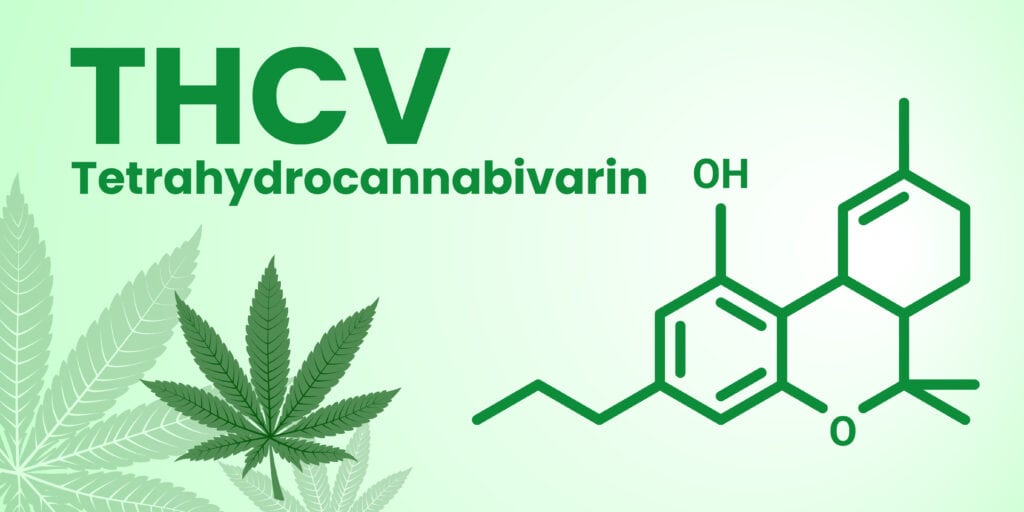
What is THCV?
Science has revealed that marijuana has over 400 bioactive compounds. This includes over 100 cannabinoids, about 200 terpenes, and flavonoid and other nutrients.
Tetrahydrocannabivarin (THCV) is among the numerous cannabinoids that have been identified in cannabis. Recently, scientists have taken a keen interest in this cannabinoid which is showing significant potential. There are a couple of scientific trials and research that are underway.
Tetrahydrocannabivarin, or THCV, is a lesser-known cannabis cannabinoid. With a few significant variations, it shares structural similarities with THC (tetrahydrocannabinol), the main psychoactive ingredient in cannabis.
THCV is thought to have a distinct pharmacological profile, which could result in a range of possible consequences, whereas THC is well-known for its intoxication effects.
THCV Effects
Although THCV research is still in its infancy, a number of studies have suggested that it may have a variety of impacts, such as mood regulation, hunger control, and possibly even neuroprotective qualities. For people searching for alternate weight management options,
THCV may be of interest because it has been studied for its possible involvement in appetite control and weight loss, unlike THC, which usually increases hunger (the famed “munchies”).
THCV VS THC
The psychotropic effects of THCV and THC are one of their main differences. Although individual responses may differ, THCV is thought to have a less noticeable psychoactive impact than THC, which is well known for its intoxicating qualities.
Because of this, THCV may be a desirable alternative for people looking for cannabis' medicinal advantages without getting the usual “high” from THC use.
THCV Strain
Inherently, some cannabis strains have higher levels of THCV than others. Those that are curious about the possible advantages of THCV frequently pursue these strains. Pineapple Purps, Doug's Varin, and Durban Poison are a few well-known strains high in THC.
For people who want to try something new when it comes to cannabis, these strains might provide an experience that's different from standard high-THC strains.
THCV for Weight Loss
The potential benefits of THCV for managing weight are among the most fascinating. According to certain research, THCV may work with the body's endocannabinoid system to reduce appetite and encourage weight loss.
Although further investigation is necessary to completely comprehend its mechanisms of action, it is intriguing to consider the possibility of a cannabinoid that could support weight loss without having a major psychoactive effect.
THCV Benefits
Apart from its possible impact on weight control, THCV is being researched for several additional possible advantages. Among them are potential use in treating diabetes, epilepsy, and Parkinson's disease symptoms.
The preliminary results are encouraging and call for greater investigation, even though more clinical study is required to validate these advantages.
Is THCV Legal?
THCV's legal standing differs according to local laws. THCV is regarded as a controlled substance in some states, although it can be acceptable for recreational or medical usage in others. As usual, before using or purchasing THCV products, it is vital to get familiar with local legislation.
Types of THCV
THCV comes in tinctures, isolates, and edibles like candies, among other forms. These goods provide a variety of consumption options, so customers can select the one that most closely matches their requirements and tastes.
Particularly THCV gummies are becoming more and more well-liked since they provide a discreet and practical manner to take this cannabis.
THCV Side Effects
Although THCV is generally thought to be well-tolerated, like any drug, it may have adverse effects in certain people. These could include mood or cognitive swings, dry mouth, and lightheadedness.
It is vital to commence with a minimal dosage and oversee your reaction whenever you experiment with novel cannabinoid or cannabis product.
Structure of THCV
Tetrahydrocannabivarin is a structural homologue of tetrahydrocannabinol (THC). It has a propyl (3-carbon) side chain while THC has a pentyl (5-carbon) group on the molecule.
This accounts for the different properties that the two compounds exhibit.
How Does THCV Interact with the Endocannabinoid System?
THCV is similar to cannabidiol (CBD) in many ways. Research has shown that it interacts with cannabinoid receptors much like CBD. In essence, it is a CB1 receptor antagonist and a partial agonist at the CB2 receptor.
How is THCV Made?
This is rather interesting as THCV is not made from cannabigerolic acid (CBGA) like THC and CBD.
Geranyl pyrophosphate combines with divarinolic acid to create cannabigerovarin (CBGVA) which is broken down into THCVA and later THCV. THCVA is the acidic form of THCV much in the same way that THCA is the acidic form of THC. When THCVA is subjected to heat it breaks down to create THCV.
Is THCV Legal?
THCV is not listed as a controlled substance. The only form of THC that is listed under controlled substances is delta-9 tetrahydrocannabinol.
What are the Benefits of THCV?
Research on THCV is still in the preliminary stages. The following benefits are backed by preliminary findings:
1. Regulation of the blood sugar levels
This has been the center of interest for most clinicians and researchers alike. Diabetes is a chronic condition that affects millions of people globally. Current treatments are geared towards symptom control and include drugs such as metformin.
Studies have shown that THCV helps to stabilize blood glucose levels by improving glucose tolerance and regulating the levels of insulin. Large randomized trials will paint a clear picture of the potential benefit in this area.
2. Promoting weight loss
Unlike THC, THCV does not induce “cannabis munchies.” It does not stimulate appetite. On the contrary, it actually dulls hunger pangs and may help to stimulate weight loss. It does this through various mechanisms including suppressing the hunger hormone.
Other studies have shown that THCV promotes energy expenditure and helps the user to burn more calories. THCV strains give energy boosting highs.
3. Offers neuroprotection
By binding to both the CB1 and CB2 receptors THCV is able to reduce muscular tremors associated with diseases such as Parkinson’s disease, Alzheimer’s disease and ALS. It may also help to treat seizures or to reduce their severity.
If further research confirm this potential effect this would provide a breakthrough in the management of severe seizures.
4. Anxiety management
Recent research has shown that THCV can block the onset of panic attacks and consequently help in the management of panic disorders such as PTSD. It may also be used to manage anxiety.
5. Bone growth and protection
Research has shown that THCV may promote the growth of new bone cells and also prevent their degradation. Clinical evidence in this area will help in the management of osteoporosis and other bone related degenerative diseases.
“
There are over 300,000 jobs in the cannabis industry. CTU trained me for one of them!

Makes $24.50 @ THC +
Is THCV Psychoactive?
Many people think about marijuana having euphoric sensations. While most recreational users crave this experience, some medicinal users have no need for it.
THCV is likely to appeal to the class of users looking for therapeutic benefits without the psychedelic feelings. This is because THCV is not psychoactive.
Which Cannabis Strains are High in THCV?
If you have been sold to the idea of THCV, there are a couple of marijuana strains that you might want to consider. Check out our article on the top 10 THCV strains.
To learn more about the medical uses of cannabis and emerging research into cannabinoids, enroll in Cannabis Training University and become a Master of Cannabis.
*medical disclaimer
The information provided in this article is intended solely for educational purposes and cannot substitute for professional medical advice.
Seek medical advice, diagnoses, or treatment from a medical professional or healthcare provider.

Fred Hernandez
Fred Hernandez is a highly accomplished and versatile writer, boasting an extensive background in the cannabis industry. With an in-depth understanding of various sectors including cultivators, processors, retailers, and brands, Fred's expertise spans across the entire cannabis landscape. As a prominent contributor to CTU, he consistently delivers insightful articles exploring the latest developments, news, and regulations shaping the cannabis industry. Whether it's delving into the intricacies of cannabis products, cannabis strain reviews, or providing comprehensive analyses of cannabis laws, or sharing expert insights on cannabis cultivation techniques, Fred's wealth of knowledge positions him as an invaluable writer and educator for all cannabis-related subjects.


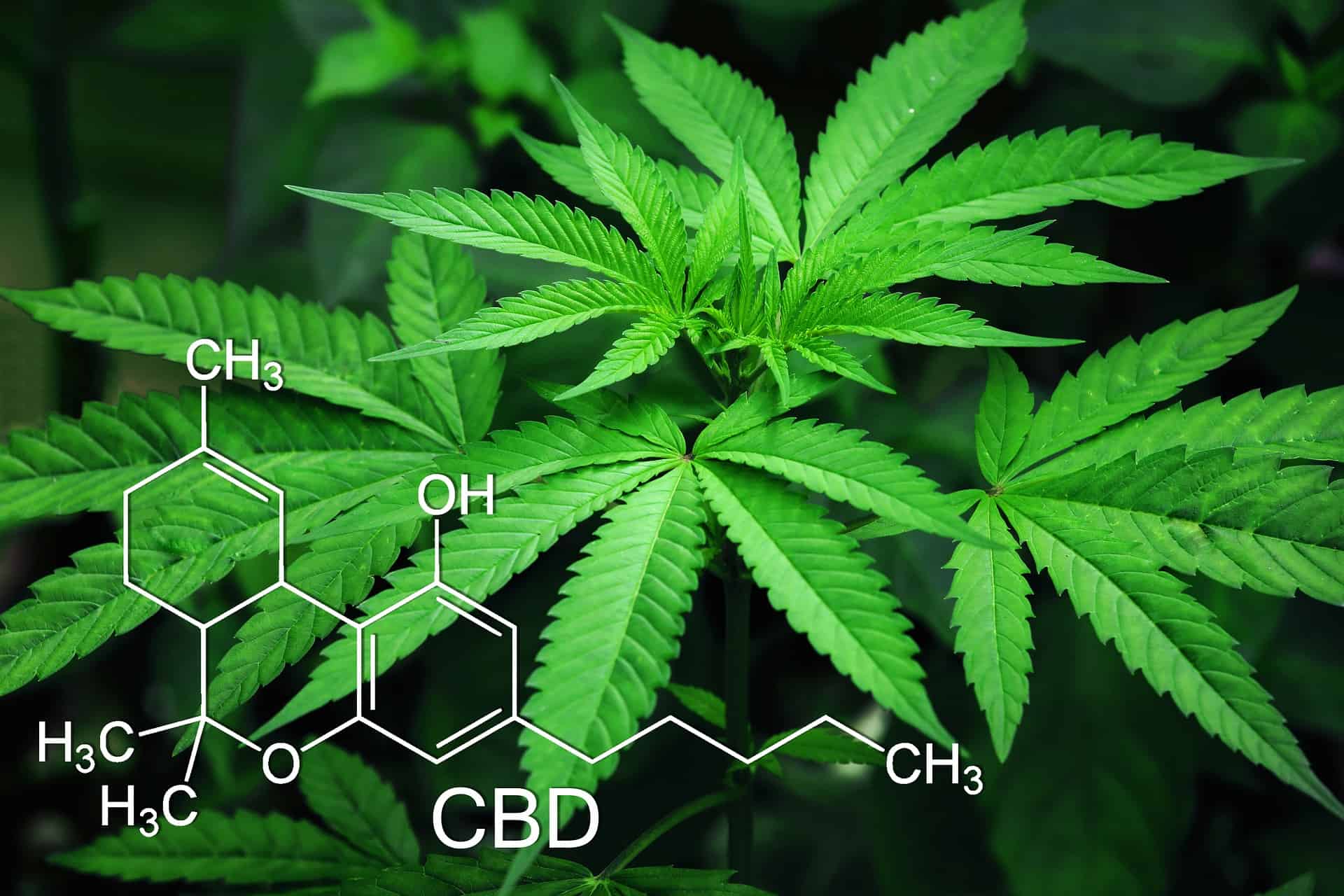



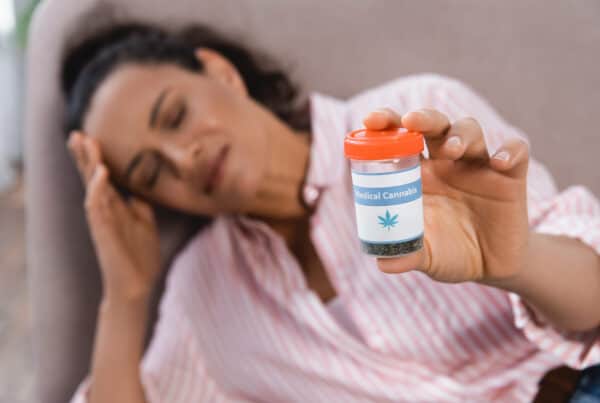
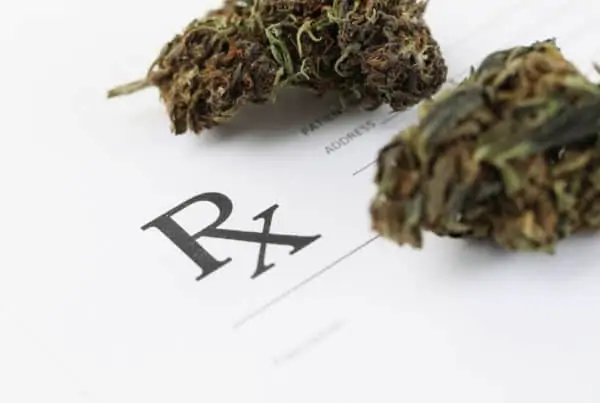
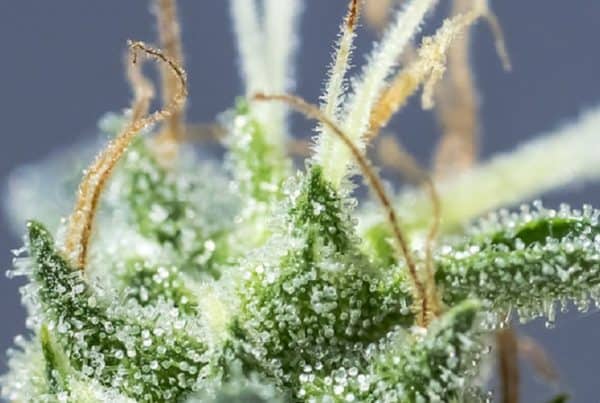
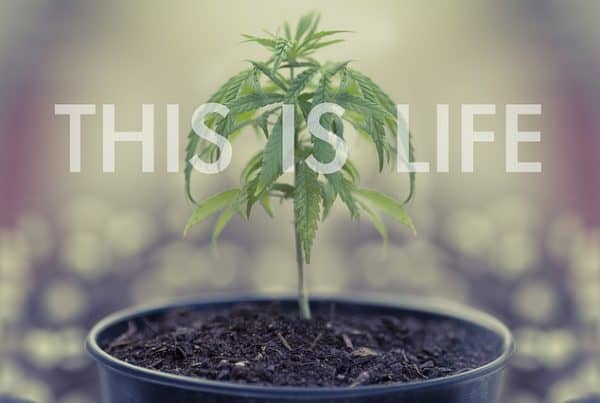
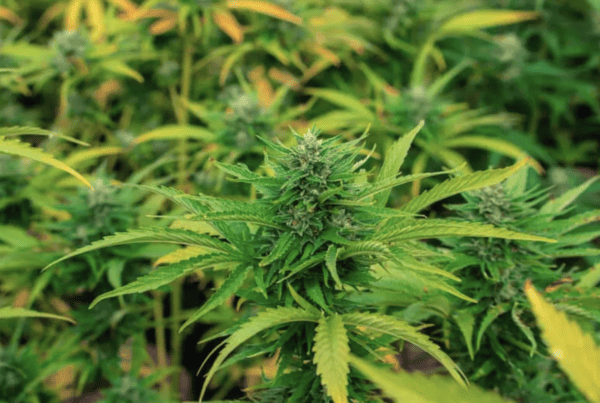

 Jeff was involved in an accident where he endured a traumatic brain injury. He had a week-long stay in ICU where brain surgeons
Jeff was involved in an accident where he endured a traumatic brain injury. He had a week-long stay in ICU where brain surgeons  100% risk free money back guarantee within 48 hours after purchase if student has not completed any of the courses or exams.
100% risk free money back guarantee within 48 hours after purchase if student has not completed any of the courses or exams.